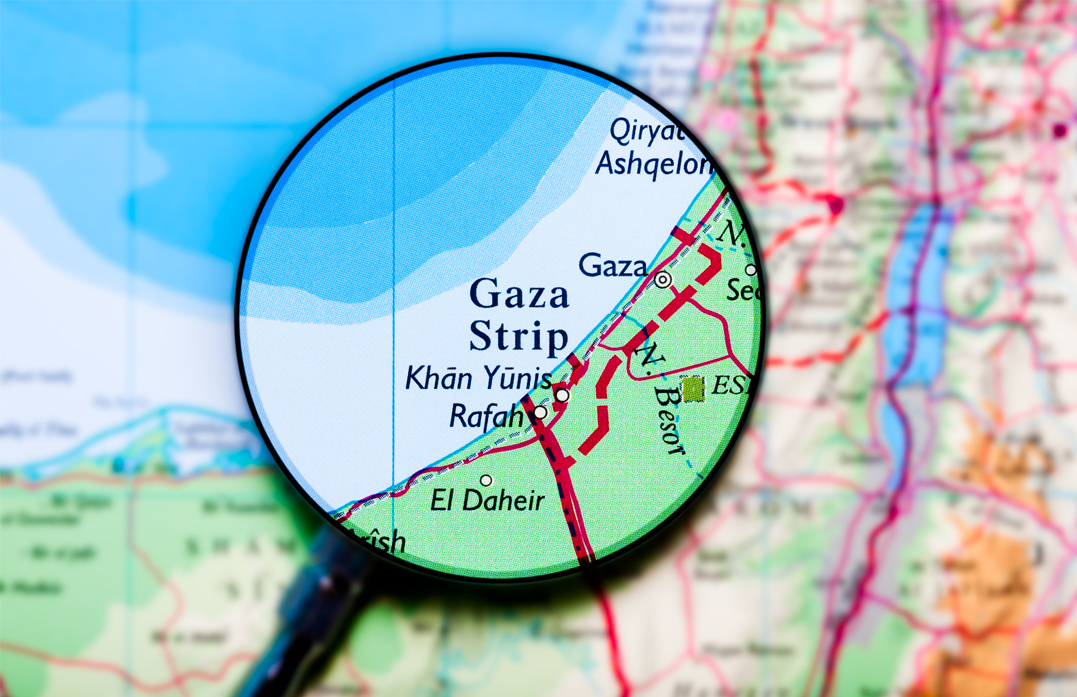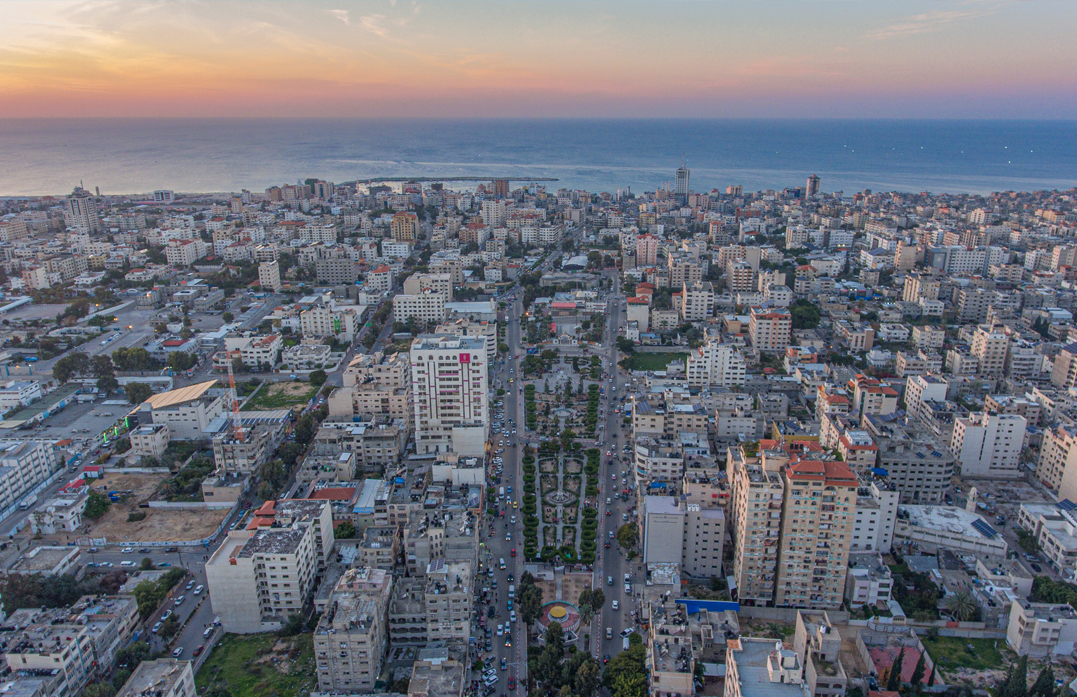
Posted On : Oct 12 2020
Gaza`s Humanitarian Crisis: Urgent Action Needed
The Gaza Strip, a small coastal enclave bordered by Israel and Egypt, has been mired in a severe humanitarian crisis for years.

Gaza's humanitarian crisis is characterized by a complex web of challenges that encompass various aspects of daily life, including health, education, infrastructure, and basic human rights.
The situation has deteriorated significantly, exacerbated by periodic escalations of violence and a lack of political resolution. This article explores the current humanitarian crisis in Gaza, shedding light on the challenges faced by its residents and the urgent need for international intervention.
The crisis has its roots in long-standing issues, including the Israeli-Palestinian conflict and the blockade imposed on Gaza since 2007, which restricts the movement of goods and people.
Healthcare System: Gaza's healthcare system is on the brink of collapse. Hospitals are overwhelmed, and medical supplies are scarce. The lack of adequate healthcare infrastructure poses a grave threat to the well-being of Gazans, particularly in times of conflict when casualties surge.
Unemployment and Poverty: High unemployment rates and extreme poverty levels have become endemic in Gaza. Over half of the population lives below the poverty line, making it one of the most impoverished places on Earth.
Water and Sanitation: Access to clean water and sanitation facilities is severely limited. Gaza's only freshwater source, the underground aquifer, is overexploited and increasingly contaminated. Sewage treatment plants are overwhelmed, leading to environmental degradation.
Education: The education system is under immense strain, with overcrowded classrooms, a shortage of textbooks, and the disruption of schooling during conflicts. This jeopardizes the future prospects of Gaza's youth.
Electricity: Frequent power outages, often lasting up to 20 hours a day, disrupt daily life, making it challenging for businesses, hospitals, and households to function effectively.
Periodic escalations of violence between Israel and Palestinian armed groups in Gaza have further exacerbated the humanitarian crisis. These escalations have resulted in significant civilian casualties, destruction of infrastructure, and psychological trauma among the population.

It is crucial to emphasize that the majority of those affected by the crisis are innocent civilians, including women and children, who bear the brunt of the suffering. The cycle of violence and deprivation has eroded the social fabric of Gaza, leading to widespread despair and hopelessness.
Efforts to alleviate the humanitarian crisis in Gaza have been ongoing, but they fall short of what is required to address the scale of the problem. The international community must take concrete actions to provide humanitarian aid, facilitate the movement of goods and people, and support long-term development projects in Gaza.
Humanitarian Aid: Immediate humanitarian assistance is essential to address the acute needs of Gaza's population, including food, medical supplies, and shelter.
Ending the Blockade: The international community must exert diplomatic pressure to lift the blockade on Gaza, allowing for the free movement of goods and people, while addressing legitimate security concerns
Reconciliation Efforts: Reconciliation between Palestinian factions, Fatah and Hamas, is crucial to establish a unified government capable of addressing Gaza's long-term challenges.
Promoting Dialogue: International mediators should actively promote dialogue between Israel and Palestinian representatives to work towards a peaceful, negotiated settlement to the conflict.
The humanitarian crisis in Gaza is a pressing global concern that demands immediate attention and concerted efforts to address its root causes. The people of Gaza deserve better than a life marked by suffering, deprivation, and uncertainty. A comprehensive and lasting solution to the Israel-Palestine conflict is the ultimate goal, but in the meantime, the international community must act swiftly to alleviate the plight of Gaza's residents and provide them with the hope of a better future.
No Comments Added




















